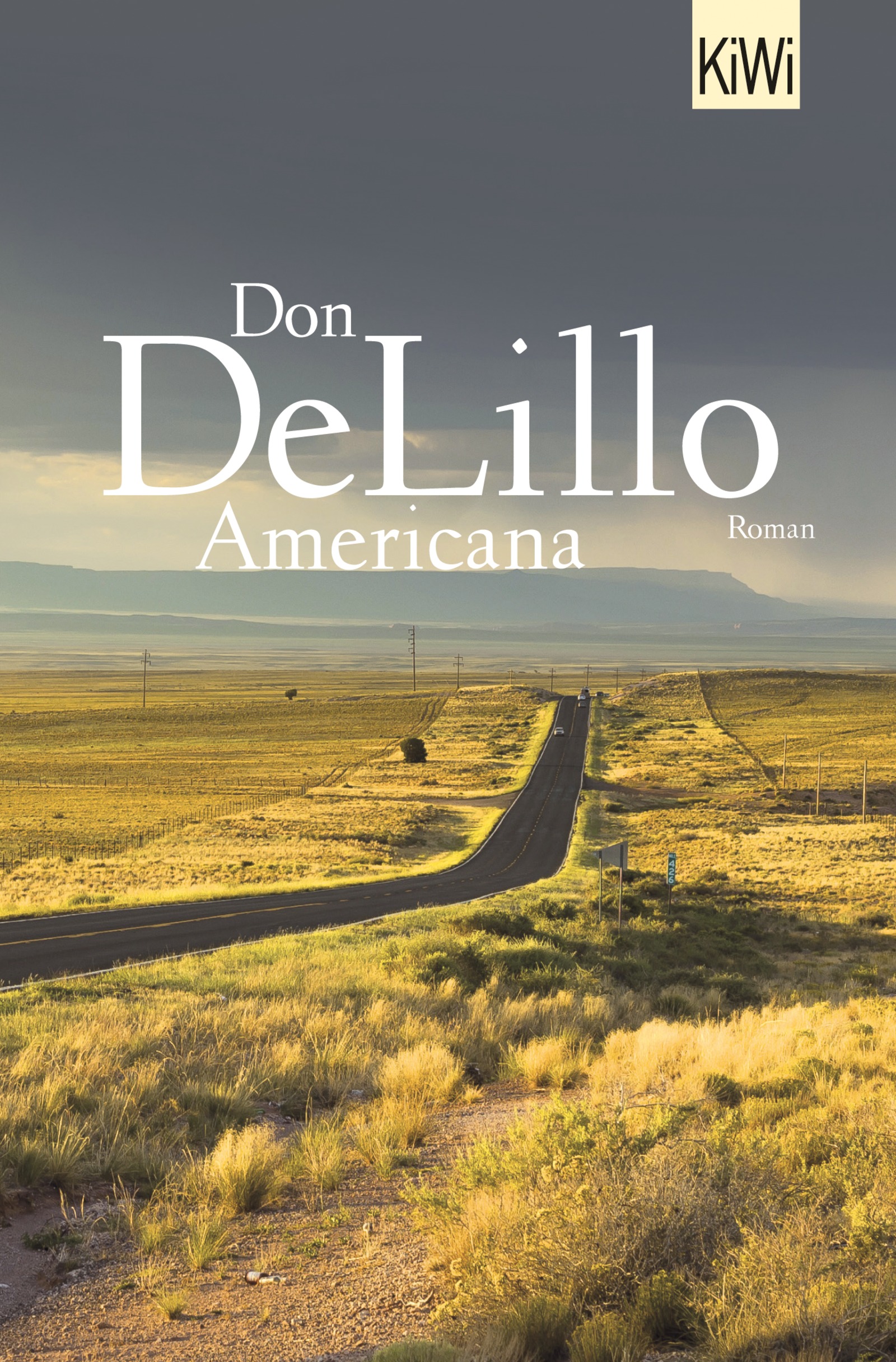What do you think?
Rate this book


490 pages, Paperback
First published January 1, 1971
The war was on television every night but we all went to the movies. Soon most of the movies began to look alike and we went into dim rooms and turned on or off, or watched others turn on or off, or burned joss sticks and listened to tapes of near silence.
…the girls were hammering at their little oval keys. I went for a walk. Everybody was busy. All the phones seemed to be ringing. Some of the girls talked to themselves while typing, muttering shit whenever they made a mistake. I went around to the supply area. The cabinets were the same color as troops in the field. Hallie Lewin was in there, leaning over a bottom drawer. There is no place in the world more sexually exciting than a large office. It is like a fantasy of some elaborate woman-maze; wherever you go, around corners, into cubicles, up or down the stairwells, you are greeted by an almost lewd tableau. There are women standing, sitting, kneeling, crouching, all in attitudes that seem designed to stun you. It is like a dream of jubilant gardens in which every tree contains a milky nymph.
“What we really want to do, he said, deep in the secret recesses of our heart, all of us, is to destroy the forests, white saltbox houses, covered bridges, brownstones, azalea gardens, big red barns, colonial inns, riverboats, whaling villages, cider mills, waterwheels, antebellum mansions, log cabins, lovely old churches and snug little railroad depots. All of us secretly favor this destruction, even conservationists, even those embattled individuals who make a career out of picketing graceful and historic old buildings to protest their demolition. It’s what we are. Straight lines and right angles. We feel a private thrill, admit it, at the sight of beauty in flames. We wish to blast all the fine old things to oblivion and replace them with tasteless identical structures. Boxes of cancer cells. Neat gray chambers for meditation and the reading of advertisements. Imagine the fantastic prairie motels we could build if only we would give in completely to the demons of our true nature; imagine the automobiles that might take us from motel to motel; imagine the monolithic fifty-story machines for disposing of the victims of automobile accidents without the bother of funerals and the waste of tombstones or sepulchres. Let the police run wild. Let the mad leaders of our nation destroy whomever they choose…”

I was no longer content merely to make love to my wife. I had to seduce her first. These seductions often took their inspiration from cinema. I liked to get rough with her. I liked to be silent for long periods. The movies were giving difficult meanings to some of the private moments of my life. (35)Pure DeLillo, mainlining Baudrillard. Otherwise, we learn that “intensity and suspense are fundamental to the maintenance of a successful affair” (38). Honeymoons at least herein appear to “be a veritable jubilee of ejaculatio praecox” (93), with someone who has “big pink Renoir tits” and whom fiancé will “pretend she’s Molly Bloom, the only woman I’ve ever really wanted to scissor with” (95). (Someone else notes that “when we split up he told me thanks for the mammaries” (104).)
Things had hardly changed at all. Only materials had changed, technologies; we were still the same nation of ascetics, efficiency experts, haters of waste. We have been redesigning our landscape all these years to cut out unneeded objects such as tress, mountains, and all those buildings which do not make practical use of every inch of space. The ascetic hates waste. We plan the destruction of everything which does not serve the cause of efficiency. (118)Very Underworld, but also Point Omega, End Zone, Love Lies Bleeding, Falling Man. It is “satisfying to help keep the city clean” (190). This descends even to the preclusion of “wearing of articles of clothing which might possibly dull the effect of the brutal truth of one’s immediate environment” (285).